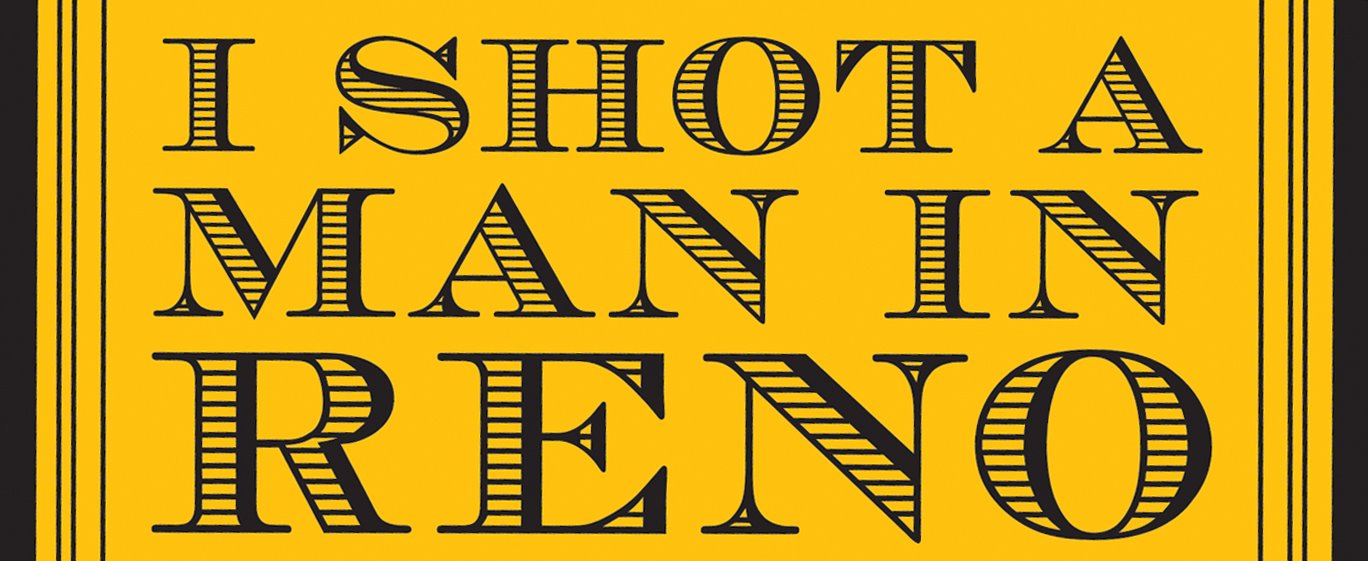 “Thomson tells the Nelson story with incision and insight. Sharp writing, astute observation and a wry attitude .... make for a lively read and a vivid portrait of an often baffling talent.
“Thomson tells the Nelson story with incision and insight. Sharp writing, astute observation and a wry attitude .... make for a lively read and a vivid portrait of an often baffling talent.Recommended.” – Neil Spencer, Observer Music Monthly
“An excellent biography. Thomson is too shrewd a biographer to take [Nelson] at his own estimation.” – Paul Du Noyer, The Word
“Thomson’s new biography .... wrestles boldly with the singer’s complicated history. [It’s] a timely reminder of the stature and achievements of the 72-year-old Texan.” - Adam Sweeting, Telegraph
“An astonishing tale. Recommended” – Q
“A fine biography” – Time Out
“The confusion of being all things to all people, masterfully unravelled” – Record Collector
“A fabulous biography of one of country music’s most colourful characters.” – Tatler





